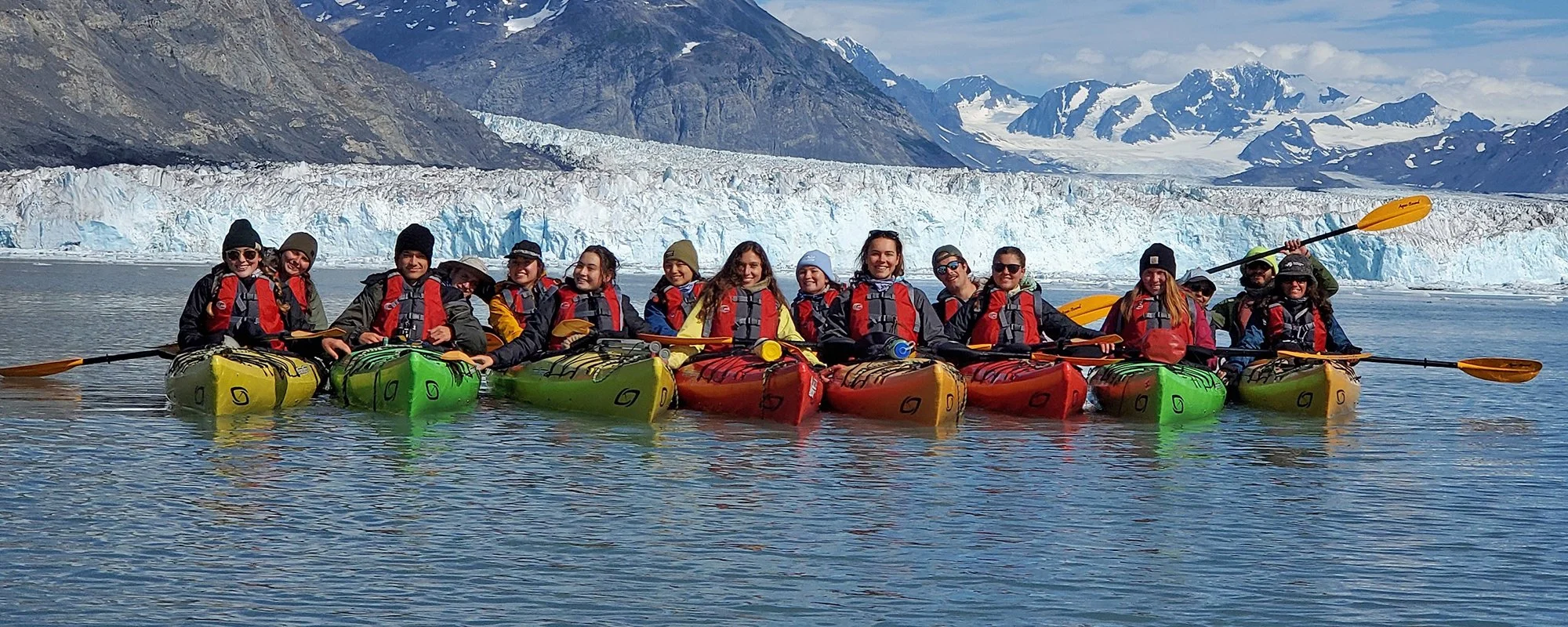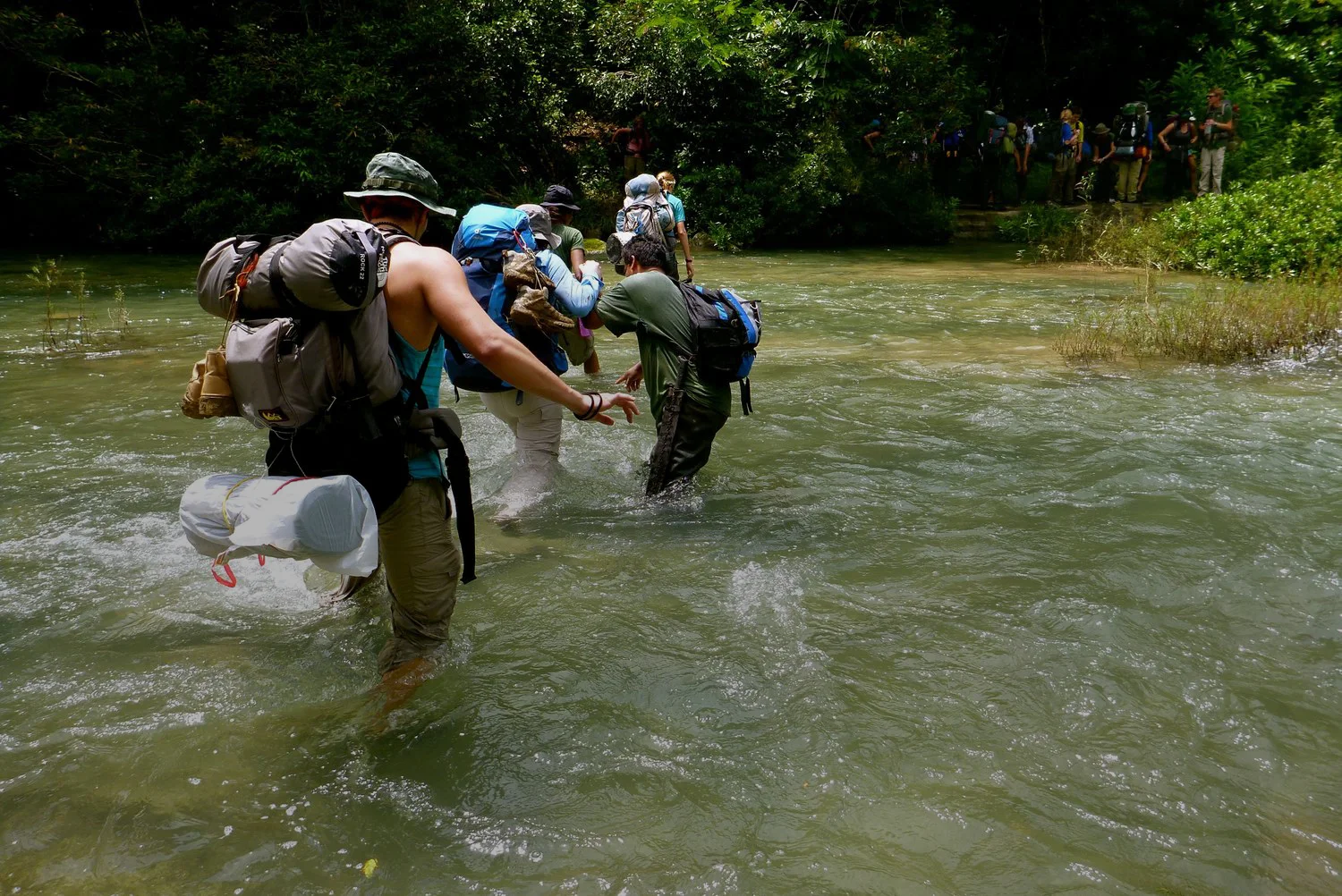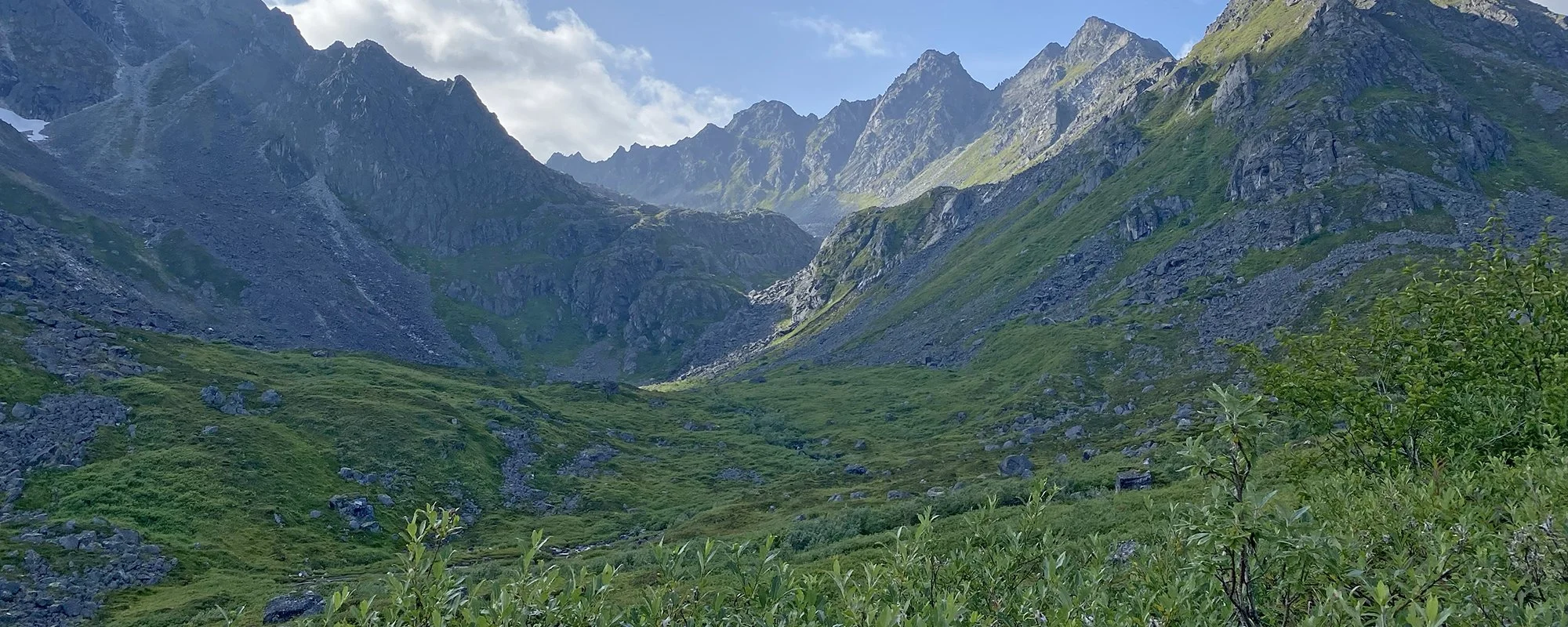Staying healthy abroad.
We are pleased to offer programs that focus on investigating locations of environmental interest with a healthy student team. In all instances, Wildlands Studies will follow the entry and immunization requirements of the countries, states, regions and communities where we hold our field activities. Participants are required to show proof that they have met these immunization requirements to participate. Wildlands Studies will not make exceptions to regional immunization requirements. Wildlands Studies will follow our Refund Policy if an enrolled participant is not willing or able to follow the immunization requirements and withdraws before the program start date.
Participants are advised to consult the Centers for Disease Control, State Department, and the embassy of their destination country to verify entry requirements, including vaccination policies. It is ultimately the responsibility of each program participant to ensure they are following their program location visitor requirements. The World Health Organization (WHO) also maintains a comprehensive information base about disease risk.
In addition to our risk management planning, we work hard to prepare students for differences in food, water, hygiene and cultural norms in the countries we visit. For most programs, especially international ones, there is no ready access to Western-style medical care. Instructors carry comprehensive, backcountry-oriented medical kits, and we ask students to bring their own basic first-aid supplies and prescription medicines. Prescription medicines should be accompanied by full pharmacological details, available upon request when the prescription is filled, which may be important in emergencies.
Additional guidance on healthy traveling is provided in the logistics packet emailed to students several weeks prior to the program, as well as in the Student Program Manual.

















